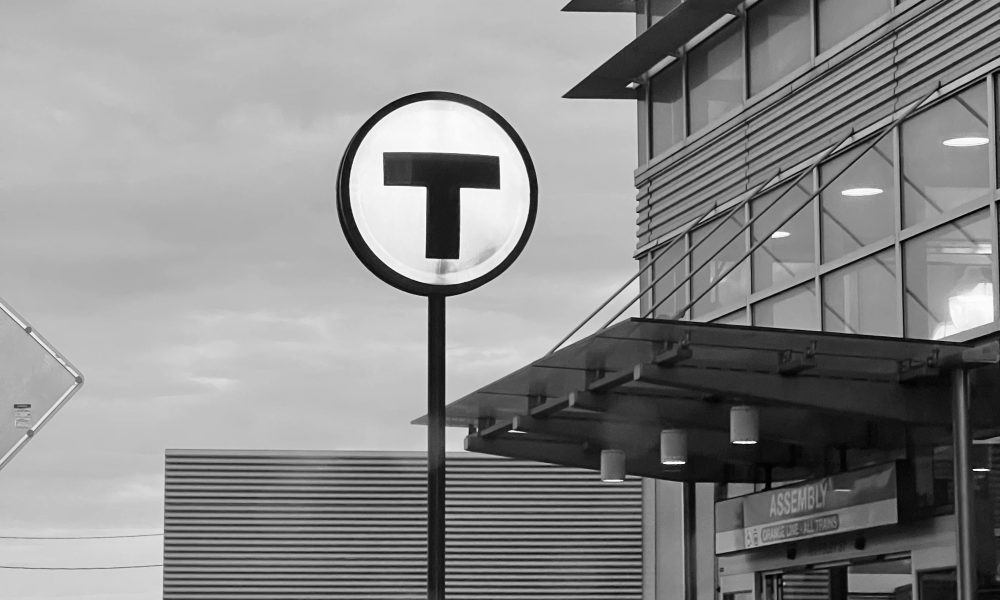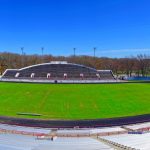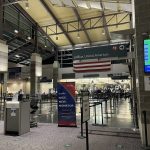The MBTA Could Be A Solution To Cars If It Actually Worked
“Drive less, take public transit more” is a dream for environmental activists. The stacked roads and carbon emissions would be heavily reduced by many people substituting their driving with public transit. Although this would definitely be great in execution, this likely isn’t going to happen any time soon. In my opinion, the greatest roadblock is whatever the hell is going on with the MBTA.
The MBTA, meaning Massachusetts Bay Transportation Authority, is Boston’s public transit system. While Boston does need a public transit system, the MBTA’s constant closing of train lines, and constant delays and cancellations of buses push people away from taking the MBTA. Boston needs to work on reforming the MBTA.
One of, if not the biggest issue, with the MBTA, is the large amount of delays they are plagued with. Boston.com states that around 91% of their readers stated that they were impacted by MBTA shutdowns and delays. One reader says their commute to work was delayed over 20 minutes compared to the day before, and that the commute home was delayed over 40 minutes. This delay is a very usual, everyday occurrence for MBTA passengers. To have your daily commute be a total of 1 hour longer than the previous day seems unreal, but for people hoping to commute to their jobs or schools in the inner city, this is the norm for them.
This even applies to me and people I know. One friend of mine stated that the MBTA was delayed a whole 39 minutes, after “it had stayed in its spot for over 30 minutes.” This made his late-night commute home even longer. Another friend states that the Silver Line faces continuous delays, and makes them significantly late for work several times in the last month alone – “One day I was getting to work, and a bus was canceled, and the following one wouldn’t come for ten minutes, causing me to miss the train and be late for work.” I have even had several late days to work these past few weeks from the MBTA. Last week, a bus was canceled at the last minute, and the next one didn’t come for ten minutes. With me then needing to catch the bus later than the one I usually take, I was nearly ten minutes late for work. Another day, the Orange Line had stopped and stood still for nearly ten minutes at Jackson Square. These random delays dramatically decrease the MBTA’s quality and public approval. As stated before, it is one of the biggest, if not the biggest, issues facing the MBTA.
One other huge issue facing the MBTA is the amount of train shutdowns it experiences. The one that impacted me the most was the shutdown that happened in the summer of 2022. A few weeks prior, the MBTA announced that it would be shutting down from August 19th to September 19th. Although new shuttle buses were installed to replace the Orange Line, following its exact route, they were much slower than the train. It had become a big issue for a lot of my friends who were returning to school after summer vacation had ended. Lots of people were unaware of the new buses put in place and more were late to school. The Orange Line had once again experienced shutdowns in June, although only half of the railroad (from North Station to Oak Grove) was being repaired. It is also expected to shut down once again the weekend of August 10th. The Red Line had also experienced a shutdown from July 12th to 28th. In total, how can citizens of Massachusetts be expected to rely on the MBTA if they are consistently unable to commute where they need to? The large amount of train shutdowns can consistently ruin commutes in Boston, causing a decrease in public support for the MBTA.
One might argue that the MBTA is too expensive of an issue to fix, as the MBTA is already four million in debt, according to WCVB. However, with Massachusetts reportedly bringing in 36.6 billion in the first 5 months of 2024 alone, I and many others would argue that more of Massachusetts tax revenue could go into paying off said debt and making improvements to the statewide transportation system.
My biggest suggestion for the MBTA at the moment is to simply have more buses. Not exactly more bus routes, but to increase the number of buses in every route. This would definitely help with the delays and cancellations buses face, to where now people wouldn’t have to wait as long for the next bus to come. People heavily rely on the MBTA to get to work, school, work at a school, and many other things. Slow bus delays heavily affect every MBTA passenger’s life, and I think increasing the supply of buses in route can definitely be a great start.










